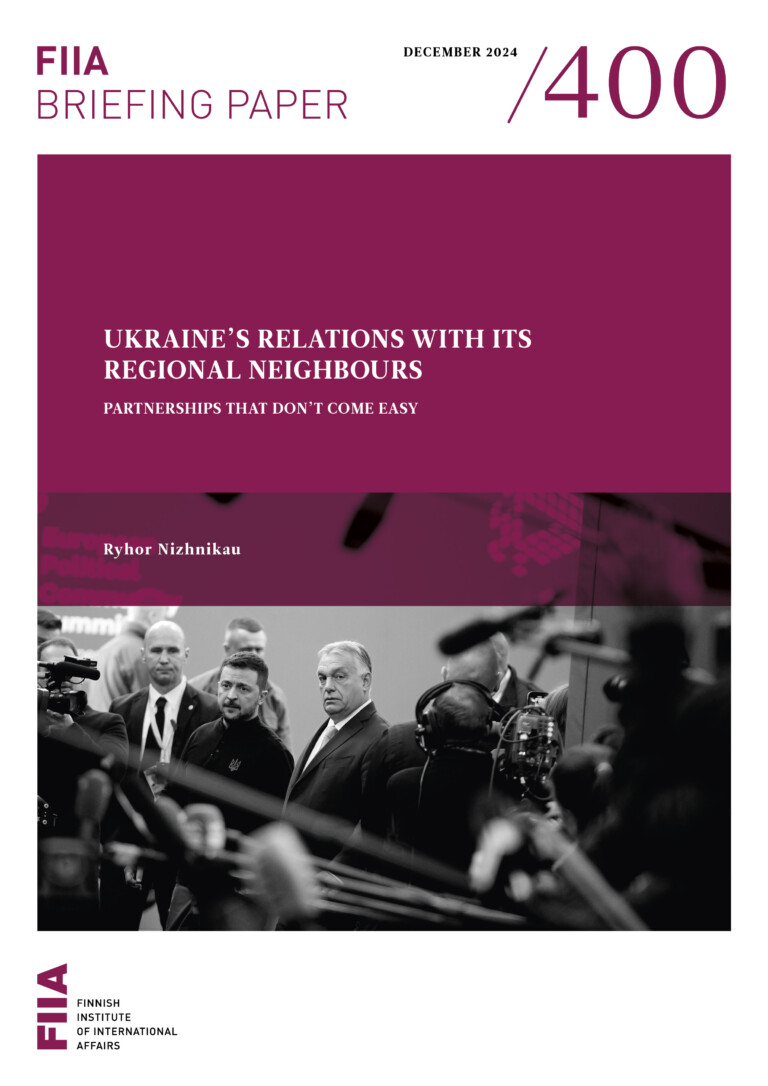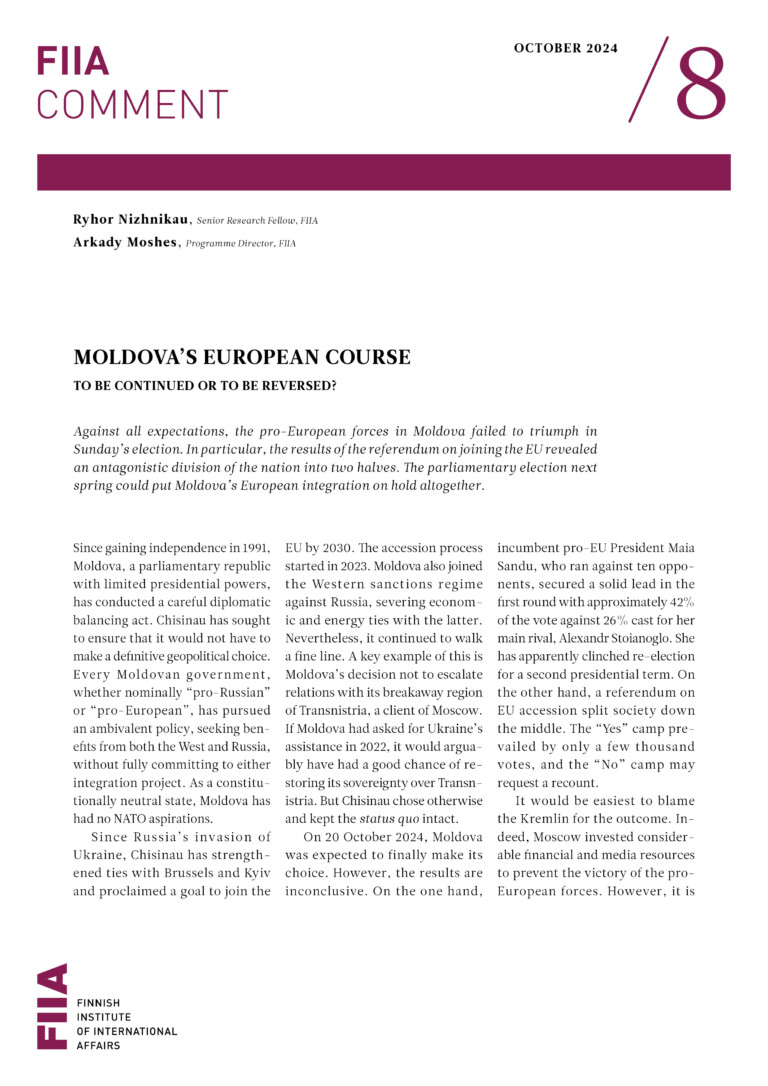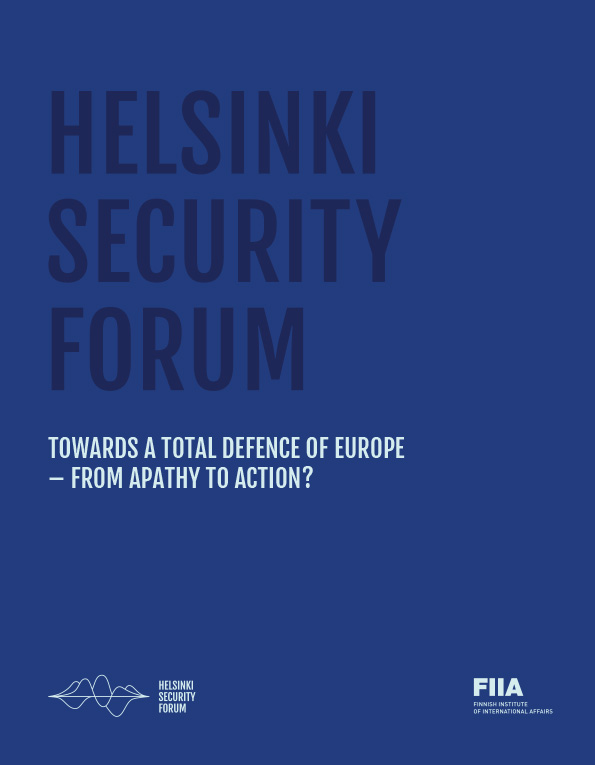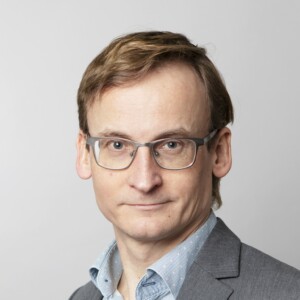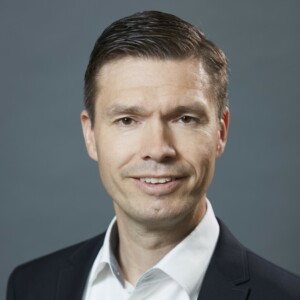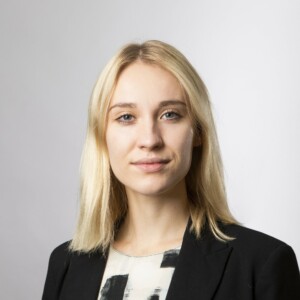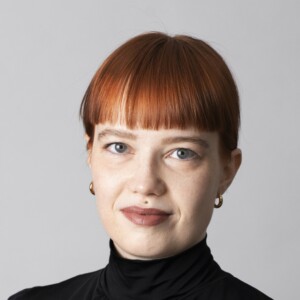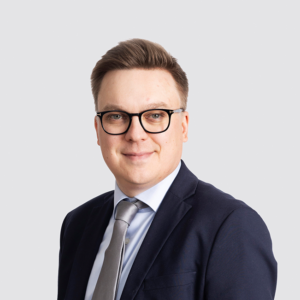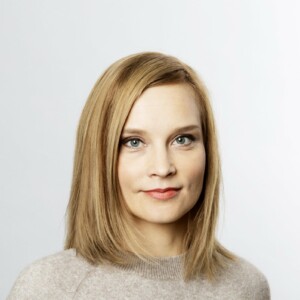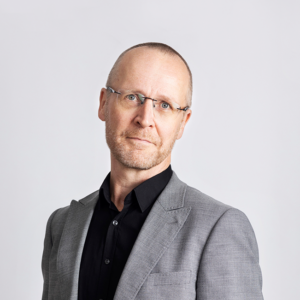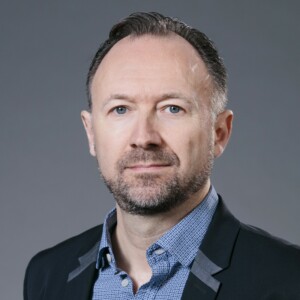The ambiguity of the Russian official position, rooted in the inability to make a comprehensive and honest assessment of the nature of the Soviet regime, makes it extremely difficult for Moscow to approach the crucial issue of responsibility that appears to be at the heart of history wars in the post-Soviet space.
At the end of June 2010, a remarkable text appeared on the website of the Russian liberal radio station Ekho Moskvy. Its author, Konstantin Kosachev, the head of the Russian State Duma’s Committee on Foreign Relations, suggested that it was time for Russia to elaborate what he called a comprehensive “set of principles, an ‘historical doctrine’ of sorts” that would help Moscow to disclaim, once and for all, any political, financial, legal or moral responsibility for the policies and actions of the Soviet authorities on the territories of the former USSR and the states of Eastern Europe. Kosachev’s proposal is simple, blunt and seemingly effective. It boils down to two key points: 1) Russia fulfils all international obligations of the USSR as its successor state; however, Russia does not recognize any moral responsibility or any legal obligations for the actions and crimes committed by the Soviet authorities; 2) Russia does not accept any political, legal or financial claims against it for violations by the Soviet authorities of international or domestic laws in force during the Soviet period.
Clearly, Kosachev’s proposal didn’t materialize out of thin air. His idea should be placed within the broader context of Russia’s attempts at crafting and pursuing the robust “politics of history”. Like other members of the country’s ruling elite, Kosachev appears to perceive memory and history as an important ideological and political battleground: Russia’s detractors—both foreign and domestic—allegedly seek to spread interpretations of past events that are detrimental to Russia’s interests and there is an urgent need to resolutely counter these unfriendly moves.
Suffice it to recall just the most important episodes of this monumental “battle over history”. In the early 1990s, Museums of Occupation were set up in Latvia and Estonia; one of the main objectives of these museums is to highlight the political symmetry between the two totalitarian regimes that occupied the Baltics in the 20th century—German national-socialism and Soviet communism. In May 2006, a Museum of Soviet Occupation opened in Tbilisi, Georgia, following the Baltic states’ example. In May 2006, the Institute of National Memory was established in Ukraine, inspired by the Polish model. In November 2006, the Ukrainian parliament passed a law recognizing the Holodomor (the 1932-1933 disastrous famine) as genocide of the Ukrainian people perpetrated by the Soviet communist regime. 2009 saw the adoption of two international documents that couldn’t fail to rile official Moscow—a resolution of the European Parliament entitled “On European Conscience and Totalitarianism” and a resolution passed by the Organization for Security and Cooperation in Europe entitled “Divided Europe Reunited”. Both resolutions branded Nazism and Stalinism as similar totalitarian regimes, bearing equal responsibility for the outbreak of World War II and the crimes against humanity during that period.
To combat this “historiographic assault”, several key elements of the politics of history have recently been introduced in Russia: a set of officially sponsored and centrally-approved textbooks with a highly pronounced statist interpretation of 20th-century Russian history; attempts to establish a “regime of truth” using legislative means; and the creation of a bureaucratic institution to combat the “falsification of history”.
Yet all of these measures have failed to produce any tangible result—as the continuing avalanche of claims and accusations emanating from Russia’s East European neighbours seems to demonstrate. Kosachev appears to believe that at the heart of Russia’s problem is the lack of a systemic approach. Hence his suggestion to elaborate what he calls a universal “historical doctrine”.
Remarkably, Kosachev has correctly defined the core reason for Russia’s current predicament: it lies, he notes, in the simple fact that the present-day Russia is a legal successor to the Soviet Union. He also notes, again correctly, that this legal continuity has both positive and negative implications. But then, when he spells out the key points of his “historical doctrine”, he takes on a markedly contradictory stance. Russia, Kosachev suggests, can carry on as the USSR’s successor state, but is not responsible—politically, morally, financially or otherwise—for any criminal acts committed by the Soviet regime.
But this stance is untenable. As some leading scholars (such as Andrei Zubov) have long pointed out, the issue of legal continuity is the crux of the matter and this is exactly what differentiates Russia from all the other countries of Eastern Europe. While in 1991 Russia chose to become, in legal terms, the continuation of the USSR, all ex-communist countries of Eastern Europe (including some former Soviet republics) opted to re-establish historical continuity with their pre-communist state entities. Thus, if today’s Russia is a direct successor to the Soviet state—a fact that all Russia’s ruling bodies willingly accept—then it bears full responsibility for the actions and crimes committed by the Soviet regime against both its own people and foreign citizens throughout that regime’s entire history. The unwillingness to do this—which the Kosachev proposal unambiguously declares—will only raise suspicions among Russia’s neighbours.
But even more important, of course, is the issue of Russia’s own identity. Back in 1991, Russia, too, had two options: to re-establish legal continuity with the 1917 pre-revolutionary Russia or choose to become a legal successor to the USSR. Interestingly, Boris Yeltsin appeared to have understood the difference between the options and the possible implications. In his memoirs, having explained the reasons for the actual choice that the Russian leadership made at the time, he then mused over what might have happened had the Russian Federation chosen to become a successor to the pre-revolutionary Russia.
Russia, Yeltsin suggested, would have become a different country, living according to a different set of laws that would give priority to personality and not to the state. And he added, tellingly, “The outside world would have treated us differently, too”.

